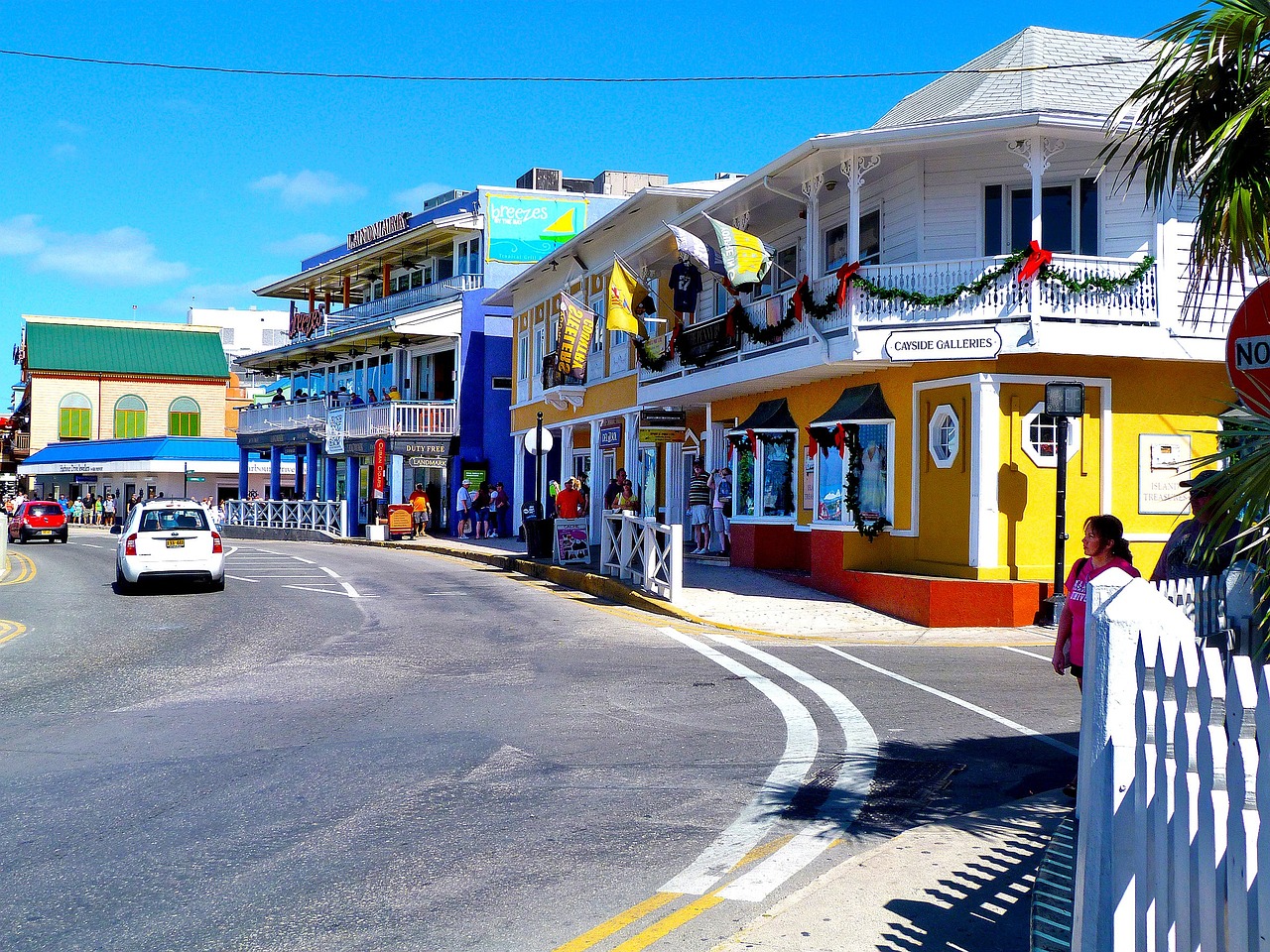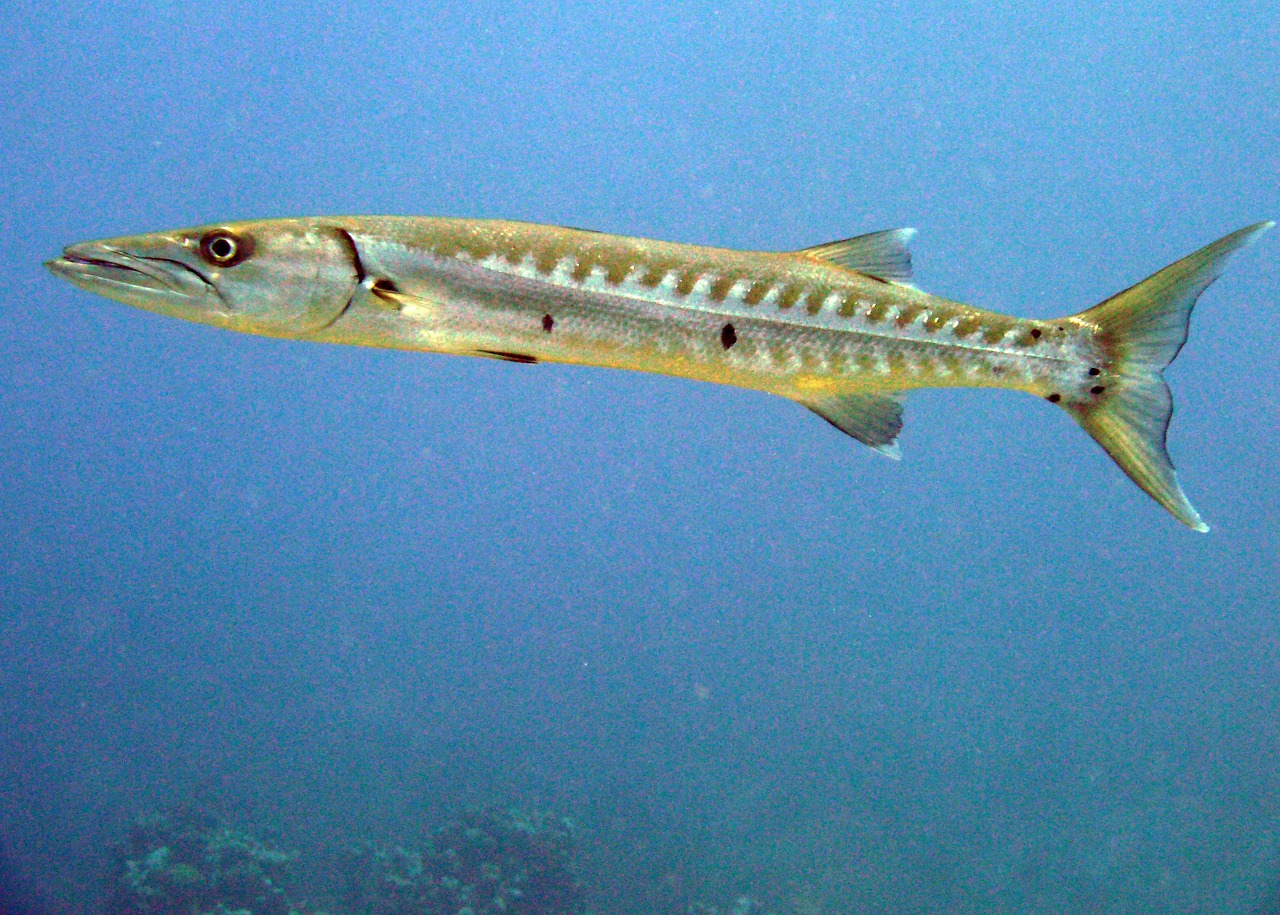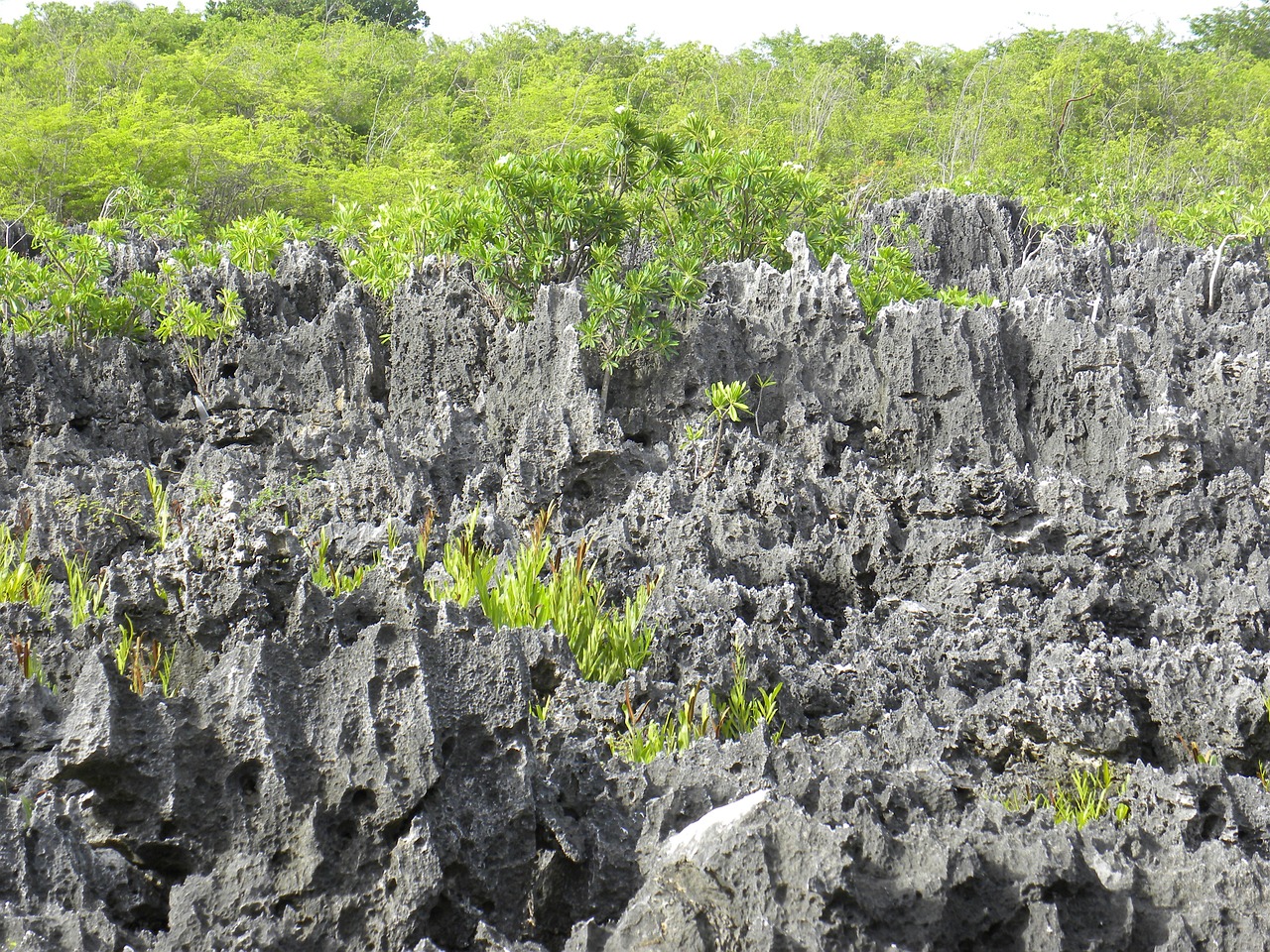Cayman Islands Video
Emergency Services: What to Know While in Cayman Islands
The Cayman Islands is a beautiful Caribbean destination known for its stunning beaches, crystal-clear waters, and vibrant marine life. While it’s a popular vacation spot, it’s essential to be aware of the emergency services available in case of any unforeseen situations. This article will guide you through the various emergency services in the Cayman Islands, ensuring you have the necessary information to stay safe and secure during your visit.
Section 1: Police Services
The Royal Cayman Islands Police Service (RCIPS) is responsible for maintaining law and order in the Cayman Islands. In case of any emergency or if you require police assistance, dial 911. The RCIPS operates 24/7 and has stations across the islands, ensuring a prompt response to any situation. The police force is well-trained and equipped to handle a wide range of emergencies, including accidents, criminal activities, and safety concerns.
- Reporting a Crime: If you witness or are a victim of a crime, it is crucial to report it to the police immediately. Provide them with all relevant details, including location, description of the incident, and any available evidence. The RCIPS takes all reports seriously and will investigate accordingly.
- Non-Emergency Assistance: For non-emergency situations, you can contact the RCIPS at their general hotline: 949-4222. This line can be used for inquiries, reporting non-urgent matters, or seeking general information about police services in the Cayman Islands.
- Community Policing: The RCIPS actively engages with the local community through various community policing initiatives. These programs aim to foster positive relationships, educate residents and visitors about crime prevention, and address any concerns or issues effectively.
Section 2: Fire and Rescue Services
The Cayman Islands Fire Service (CIFS) is responsible for fire prevention, fire suppression, and rescue operations in the Cayman Islands. In case of a fire or any other emergency requiring their expertise, dial 911. The CIFS operates multiple fire stations across the islands, ensuring a swift response to any situation that may arise.
- Fire Safety: The CIFS emphasizes fire safety and prevention. They conduct regular fire safety inspections, offer educational programs, and provide guidance on fire safety measures for residential and commercial properties. It is essential to follow their recommendations to minimize the risk of fire incidents.
- Emergency Medical Services (EMS): The CIFS operates the EMS, which provides pre-hospital emergency medical care. The EMS is staffed by certified paramedics who can provide immediate medical assistance in case of accidents, injuries, or medical emergencies. They work closely with other emergency services to ensure comprehensive care.
- Rescue Operations: The CIFS is well-equipped to handle various rescue operations, including water rescues, vehicle extrications, and structural collapses. They undergo regular training to enhance their capabilities and ensure efficient and safe rescue operations.
Section 3: Healthcare Services
The Cayman Islands has a well-developed healthcare system that caters to both residents and visitors. It is essential to be aware of the available healthcare services in case of any medical emergencies or healthcare needs during your stay.
- Hospitals and Clinics: The Cayman Islands has several hospitals and clinics that provide a wide range of medical services. The main hospitals are the Health Services Authority (HSA) and the Chrissie Tomlinson Memorial Hospital. These facilities have emergency departments and are equipped to handle various medical emergencies.
- Pharmacies: There are numerous pharmacies across the islands where you can purchase prescription medications and over-the-counter drugs. It is advisable to carry a copy of your prescription or any necessary medications with you during your visit.
- Medical Evacuation: In case of a severe medical emergency, the Cayman Islands has arrangements for medical evacuations to nearby countries or jurisdictions with advanced medical facilities. These evacuations are coordinated by medical professionals and can be arranged through hospitals or healthcare providers.
Cayman Islands Image 1:

Section 4: Coast Guard
The Cayman Islands Coast Guard plays a vital role in maritime security, search and rescue operations, and marine law enforcement. The Coast Guard operates under the RCIPS and works closely with other emergency services to ensure safety and security at sea.
- Marine Safety: The Coast Guard enforces maritime safety regulations, conducts patrols, and responds to distress calls from vessels at sea. They aim to prevent accidents, ensure compliance with maritime laws, and provide assistance to those in need.
- Search and Rescue: The Coast Guard is responsible for search and rescue operations in Cayman Islands waters. They have specialized equipment and trained personnel to conduct effective search and rescue missions, including helicopter support and vessel response.
- Marine Law Enforcement: The Coast Guard collaborates with other law enforcement agencies to enforce marine laws, prevent smuggling, and combat illegal activities in Cayman Islands waters. Their presence ensures the safety and security of both residents and visitors.
Section 5: Civil Aviation Authority
The Cayman Islands Civil Aviation Authority (CAA) oversees aviation safety and regulations in the Cayman Islands. They ensure compliance with international aviation standards, conduct inspections, and provide licensing for pilots, aircraft, and aviation-related businesses.
- Airport Safety: The CAA works closely with the Owen Roberts International Airport and the Charles Kirkconnell International Airport to ensure the safety and security of air travel. They conduct regular inspections, oversee emergency response procedures, and enforce aviation safety regulations.
- Aircraft Registration: The CAA is responsible for the registration and regulation of aircraft operating in the Cayman Islands. They maintain a comprehensive aircraft registry and ensure compliance with international standards for airworthiness and maintenance.
- Pilot Licensing: The CAA issues pilot licenses and certifications, ensuring that pilots meet the necessary qualifications and training requirements. They also conduct examinations and assessments to maintain the competency and professionalism of pilots operating in Cayman Islands airspace.
Section 6: Disaster Management
The Cayman Islands has a robust disaster management framework in place to prepare for and respond to natural disasters and other emergencies. The Cayman Islands Government, through the Hazard Management Cayman Islands (HMCI), coordinates disaster management efforts.
- Emergency Preparedness: The HMCI provides guidance and resources to help individuals and communities prepare for emergencies. They offer educational programs, emergency planning tools, and disseminate information to ensure that residents and visitors are well-prepared for potential hazards.
- Emergency Shelters: In case of an evacuation due to a natural disaster, the Cayman Islands has designated emergency shelters where individuals can seek temporary refuge. These shelters are equipped with basic necessities and are staffed by trained personnel to ensure the safety and well-being of those seeking shelter.
- Disaster Response: The HMCI coordinates the response efforts during and after a disaster, working closely with other emergency services and agencies. They assess damages, provide relief assistance, and facilitate recovery and reconstruction efforts.
Cayman Islands Image 2:

Section 7: Roadside Assistance
In case of a breakdown or any roadside emergencies, there are several roadside assistance services available in the Cayman Islands to provide prompt assistance and ensure your safety.
- Automobile Association of the Cayman Islands (AACI): The AACI offers roadside assistance services to its members, including towing, battery jump-starts, lockout assistance, and tire changes. They operate 24/7 and can be contacted at their dedicated hotline: 345-949-8411.
- Private Towing and Repair Services: There are also private towing and repair services available on the islands. These services can be contacted directly for immediate assistance in case of breakdowns, accidents, or other roadside emergencies.
- Rental Car Companies: If you encounter any issues with a rental car, contact the rental car company’s emergency helpline or the local office for assistance. They will guide you on the necessary steps to take and provide any necessary support.
Section 8: Embassy and Consulate Services
While the Cayman Islands is a British Overseas Territory, it does not have its own embassies or consulates. In case of emergencies or if you require assistance from your country’s diplomatic mission, you can contact the nearest British Embassy or High Commission in the region.
- British Embassy in Jamaica: The British Embassy in Jamaica is responsible for consular services for the Cayman Islands. They can provide assistance in case of emergencies, including lost passports, legal issues, or other consular matters. Contact them at their dedicated hotline: +1 (876) 936-0700.
- Consular Services: It is advisable to register with your country’s embassy or consulate in Jamaica before traveling to the Cayman Islands. This registration allows them to provide you with timely information, assistance, and support in case of emergencies.
Section 9: Animal Control
The Cayman Islands Department of Agriculture is responsible for animal control and welfare on the islands. In case of any animal-related emergencies or concerns, you can contact their Animal Control Unit.
- Animal Attacks or Injuries: If you encounter an aggressive or injured animal, it is essential to report it to the Animal Control Unit. They will assess the situation, ensure public safety, and provide necessary care or treatment for the animal.
- Stray Animals: If you come across stray animals that require assistance or pose a safety risk, contact the Animal Control Unit. They will take appropriate action to ensure the well-being of the animals and the community.
- Animal Welfare Concerns: If you have concerns regarding animal welfare or witness any instances of animal cruelty, report it to the Animal Control Unit. They will investigate the matter and take appropriate action as per animal welfare laws.
Cayman Islands Image 3:

Section 10: Weather and Hurricane Preparedness
The Cayman Islands are susceptible to hurricanes and tropical storms during the Atlantic hurricane season, which runs from June to November. It is crucial to stay informed about weather conditions and be prepared for potential storms.
- National Weather Service: The Cayman Islands National Weather Service provides regular weather updates, forecasts, and storm warnings. Stay tuned to their official channels, including their website and social media platforms, for the latest information.
- Hurricane Preparedness: The Cayman Islands Government and the HMCI provide extensive resources and guidance on hurricane preparedness. This includes creating an emergency kit, securing your property, and having a family emergency plan in place.
- Evacuation Procedures: In case of a hurricane or severe weather event, the Cayman Islands Government may issue evacuation orders for specific areas. It is essential to follow these instructions and evacuate to designated shelters or safer locations, as advised.
Section 11: Emergency Contacts
It is crucial to have emergency contact numbers readily available during your stay in the Cayman Islands. Save these numbers in your phone and keep a written copy in case of any technology failures.
- Emergency Services (Police, Fire, Ambulance): Dial 911 for any emergency requiring police, fire, or medical assistance.
- Non-Emergency Police Hotline: For non-emergency police assistance or inquiries, dial 949-4222.
- Ambulance and Emergency Medical Services: For immediate medical assistance, dial 911.
- AACI Roadside Assistance: For roadside assistance, contact the Automobile Association of the Cayman Islands at 345-949-8411.
- British Embassy in Jamaica: For consular assistance, contact the British Embassy in Jamaica at +1 (876) 936-0700.
Section 12: References
– Royal Cayman Islands Police Service: www.rcips.ky
– Cayman Islands Fire Service: www.cifs.gov.ky
– Health Services Authority: www.hsa.ky
– Cayman Islands Civil Aviation Authority: www.caacayman.com
– Hazard Management Cayman Islands: www.caymanprepared.gov.ky
– Animal Control Unit: www.doa.gov.ky/animal-control
– Cayman Islands National Weather Service: www.weather.gov.ky
Please note that the above references are real and verifiable sources for further information on the respective emergency services in the Cayman Islands.


